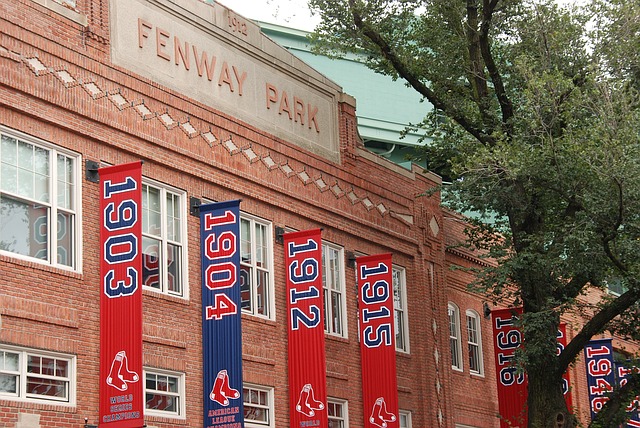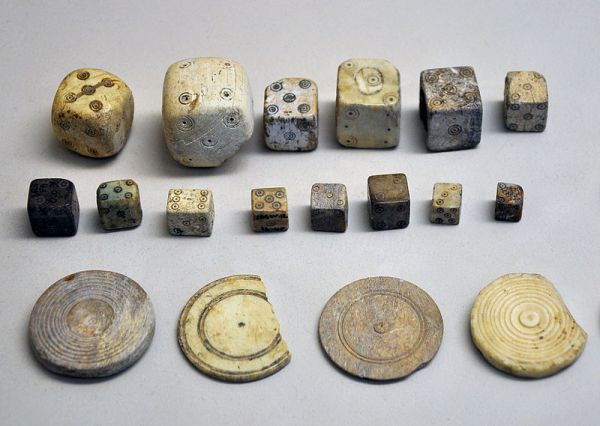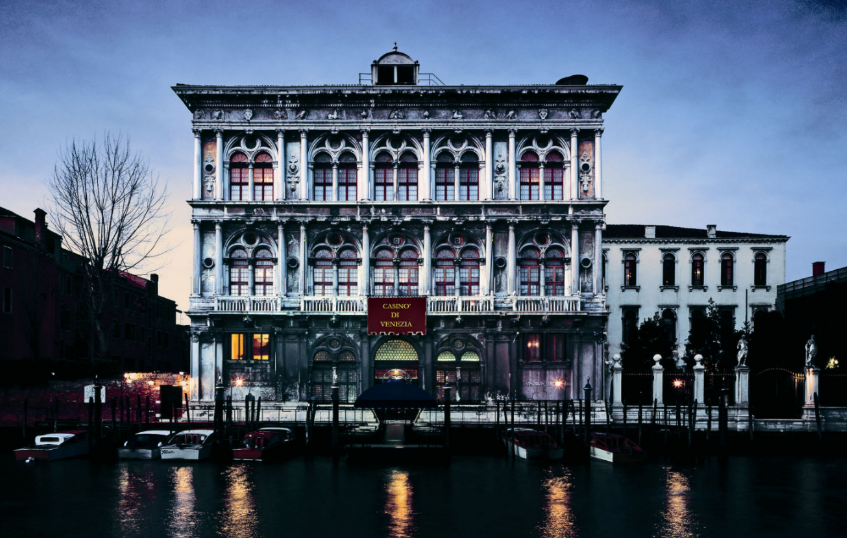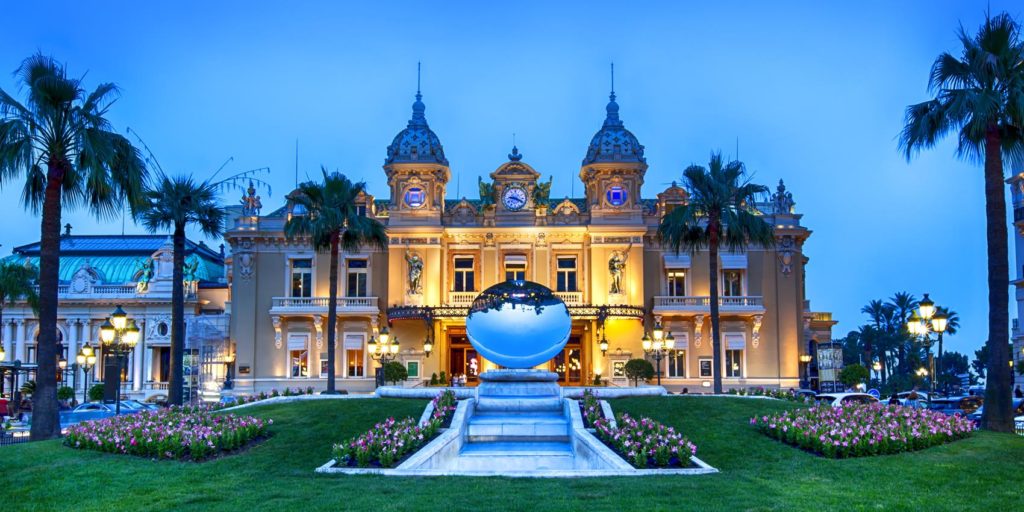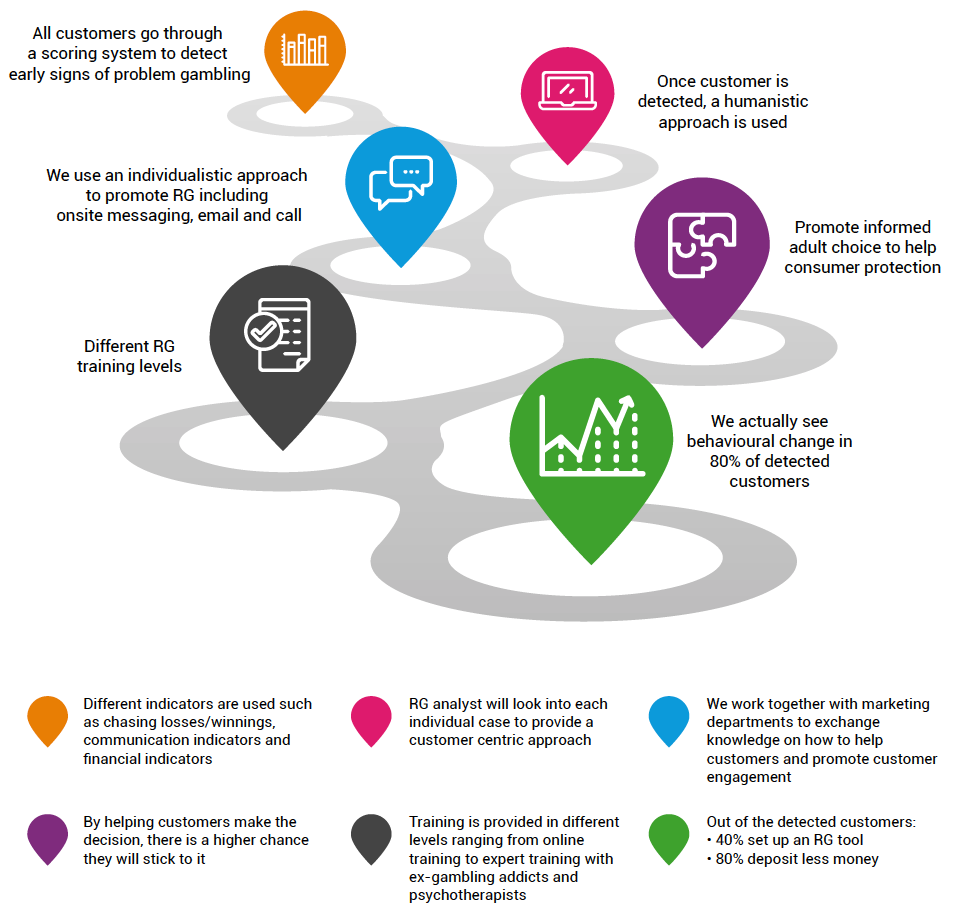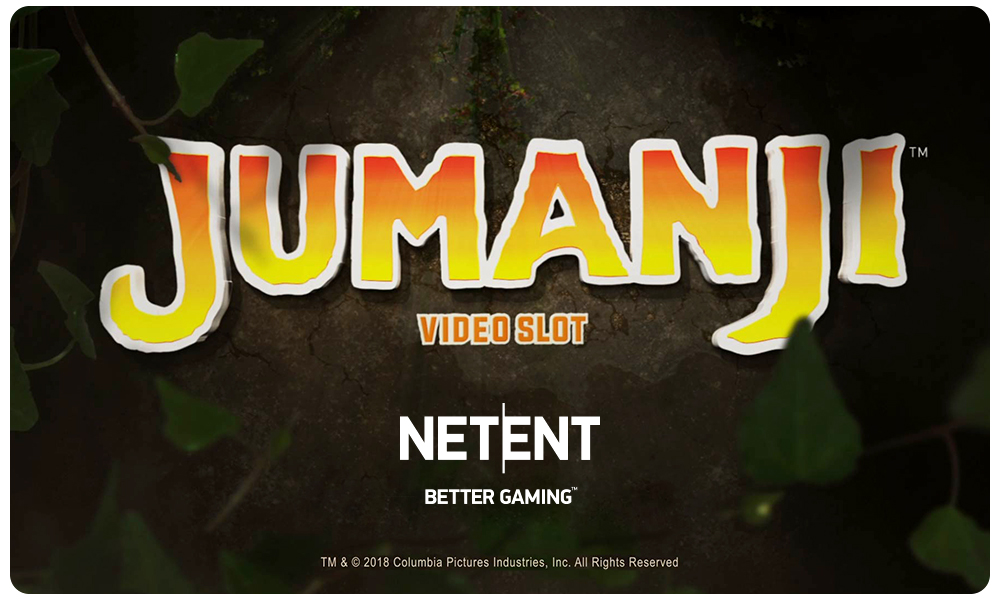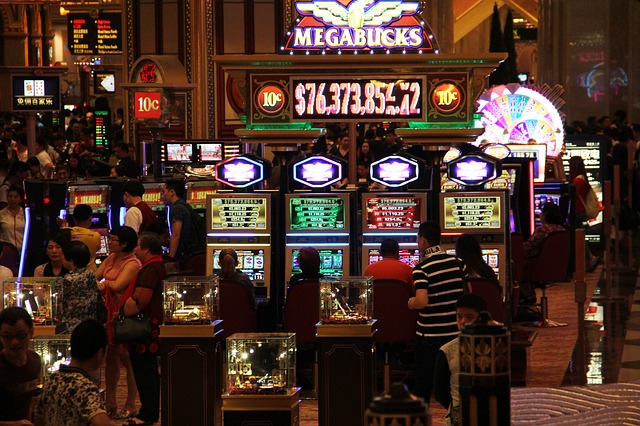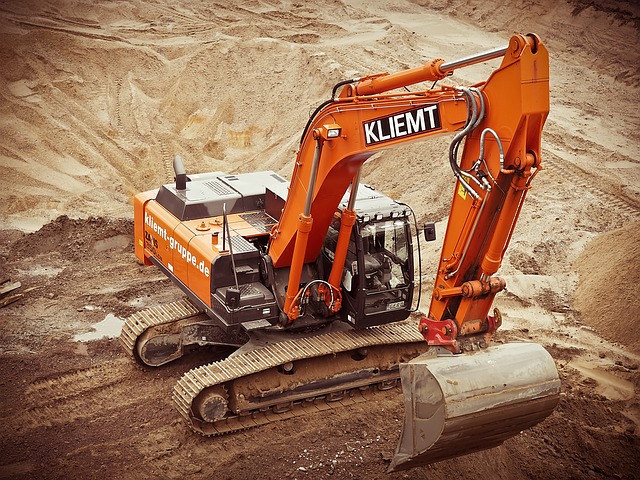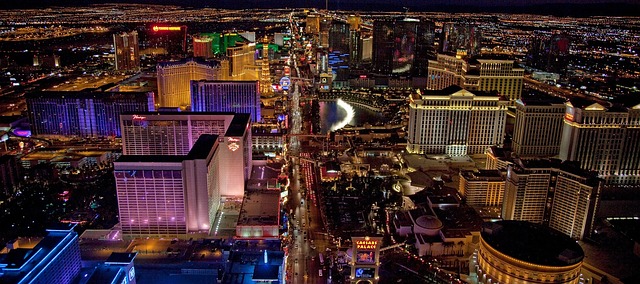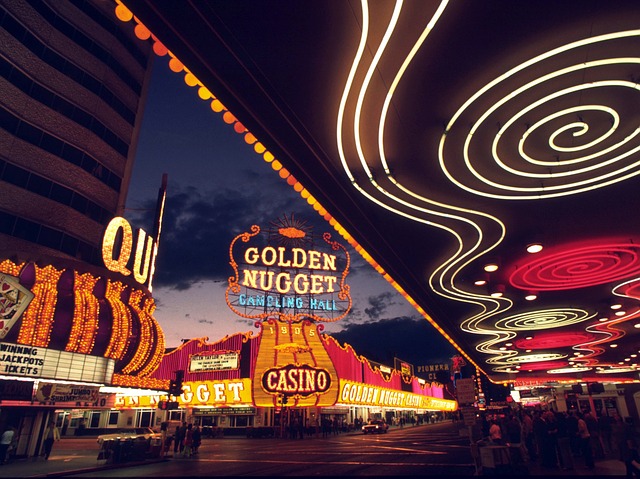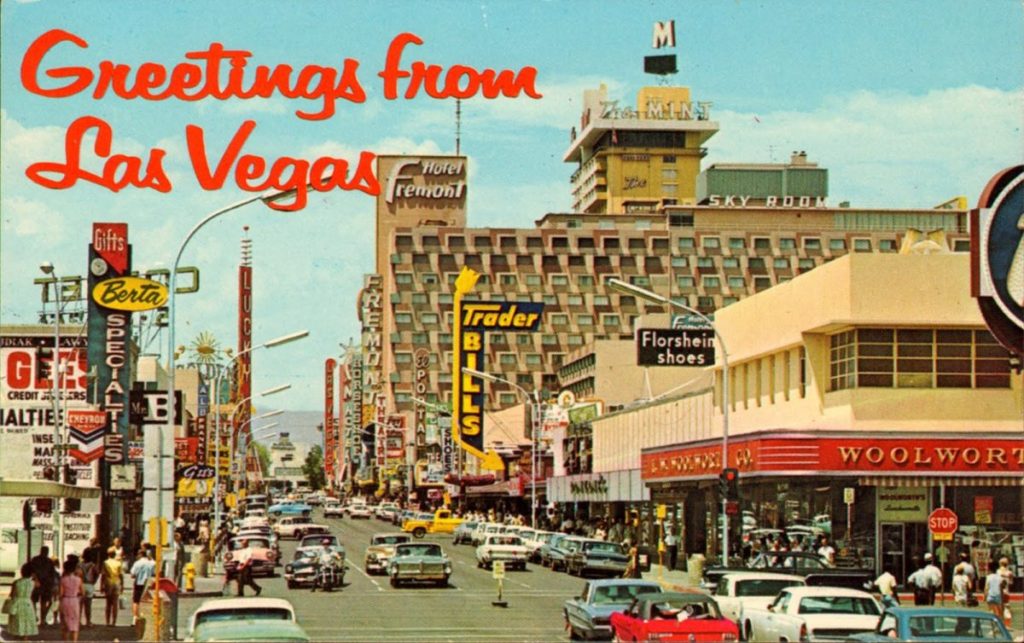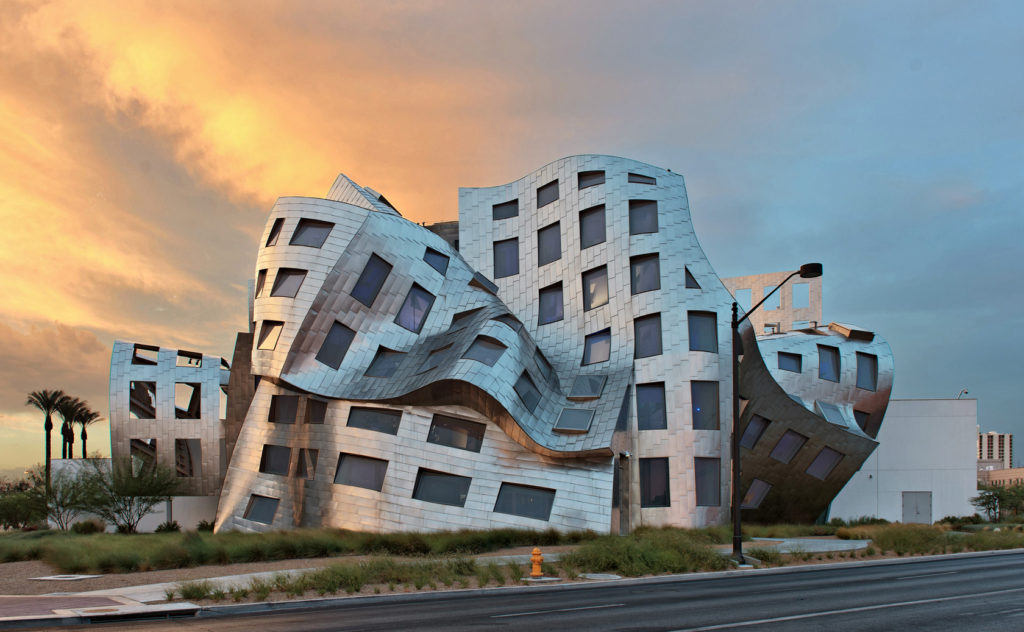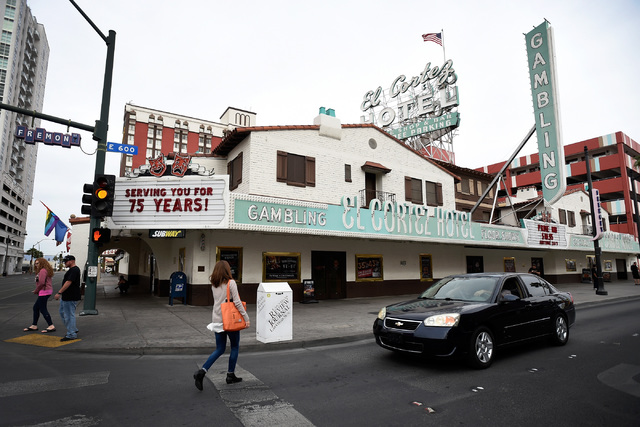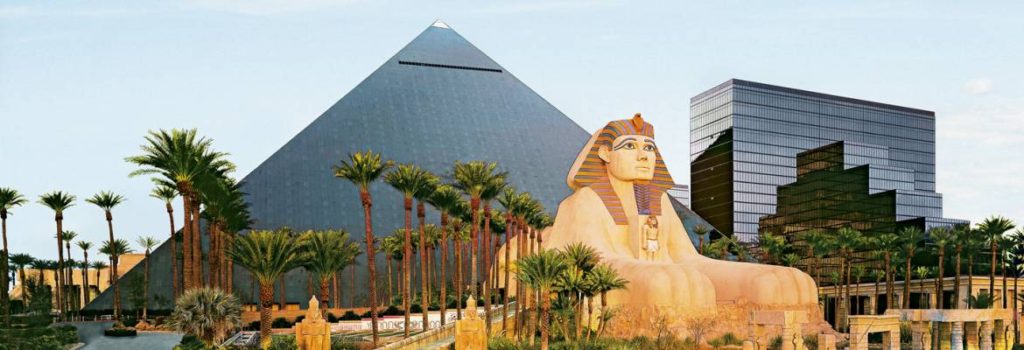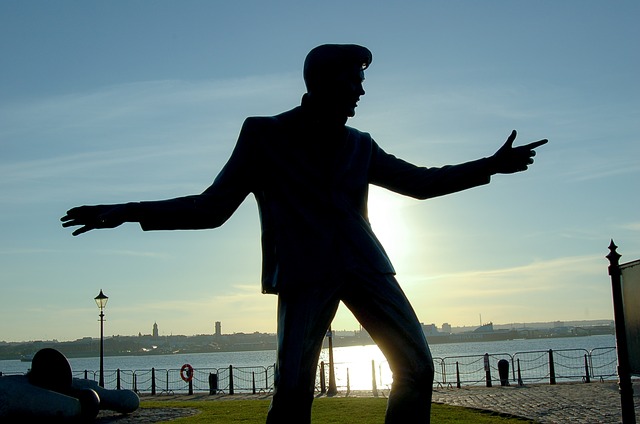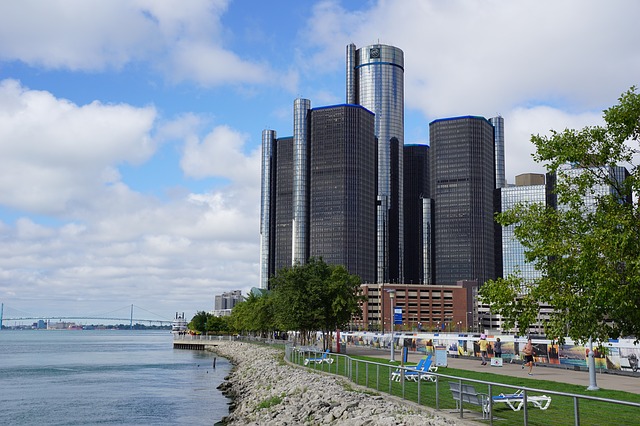Humans are interesting creatures. We tend to be superstitious. We often act in ways that are contrary to our best interest and while we think of ourselves as individuals, our behavior is actually quite predictable. Gambling is an excellent example of this and provides some insight into how we think and how we are motivated. In this post, we will take a closer look at what happens in the minds of gamblers and how casinos use psychology to design games, floor layouts and other aspects of their business.
Inside the Mind of a Gambler
There have been countless studies on why gamblers make certain bets, what factors influence their confidence in their wager and other phenomena. Here are a few interesting facts about the psychology of gambling:
Placing a bet actually makes you more confident that you will win. One study surveyed horse track gamblers before and after they had placed their bet. It turns out that their confidence increased once they had put money down. Committing to the outcome of the race made them feel like they had a better chance of winning.

People who are in a good mood gamble more. In fact, studies have found that both good weather and winning local sports teams lead to people to take more risks. Essentially, a positive mood makes people feel like everything is going to turn up sunny and they are more likely to win.
The gambler’s fallacy is a well-documented process. It describes the belief that if a certain number or pattern has come up frequently, then it is inevitable that a different outcome will happen soon. This is the logic that motivates roulette players to put all their money on red after there has been a long series of black numbers. In reality, the odds don’t change based on previous events.
Despite the fact that most forms of gambling are completely random and the final outcome is unpredictable, people continue to believe that they can beat the system. For example, slot machine players will often stick with a machine that has paid off more frequently or they will find a machine that hasn’t had a big win in a while because they think it might be due. If you have frequented casinos, you have probably also noticed people with lucky charms and rituals that they perform. While these superstitions might bring some sort of comfort, there is no way to predict or influence outcomes.
Losing is just exciting as winning. Research shows that even gamblers who are losing are still experiencing an adrenalin and endorphin high. This means that even people who walk away from the casino having lost more than they won, report having an overall positive and enjoyable experience.
How Psychology Influences Casino Design
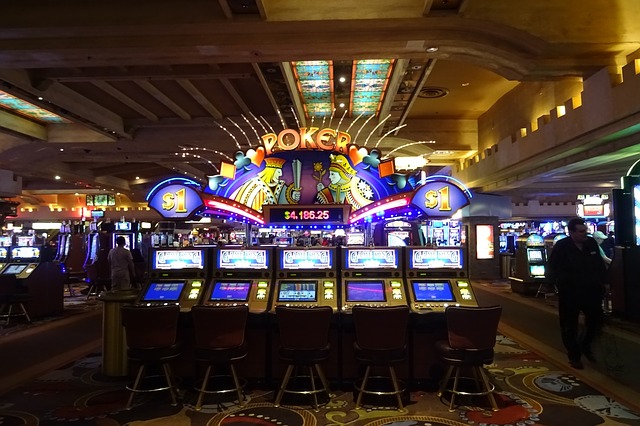
From grocery stores to hotels, a lot of thought goes into designing public and retail spaces and the same is true with casinos. Specific casinos designs have been shown to increase visitors and make people feel more relaxed as they gamble. Bill Friedman was the first to write about casino design in the seminal work: Stripping Las Vegas: A Contextual Review of Casino Resort Architecture. He used psychological insights and an exhaustive analysis of casino performance to identify 13 design principles that became known as “gaming design.”
This approach to casino design includes:
- Immediately placing gambling equipment in the lobby
- Creating a maze-like floor that encourages visitors to wander and always brings them back to gambling
- Focusing on gambling decor as opposed to opulent decorations
- Low ceilings are preferred to high
While Friedman’s work was the standard for some time, the past few decades have seen a design shift that reflects a new understanding of psychology. The latest design trend has been dubbed the “playground design” and flies in the face of what we used to think about how visitors respond to design. In fact, playground design is almost the exact opposite of gaming design.
Instead of the maze-like design, which could make people feel trapped, confused and anxious, casinos now have a more direct layout with clear paths to certain destinations. There are clear sight lines and wayfinding tools so that people can easily navigate the entire casino. The thought is that the more relaxed people feel, the more likely they are to enjoy their time and make bigger bets.

The low ceiling principle has also been left behind in favor of high ceilings covered in fabric. This approach adds a feeling of openness and warmth. The fabric helps to absorb sound, add softness and prevents the space from feeling too cavernous and overwhelming.
Perhaps most notably, casino lobbies and entrances have received a complete makeover. Gambling equipment has been removed and the decor has been upgraded to provide a more sophisticated and elegant look. This approach welcomes visitors to a unique experience and makes them feel transported to a different place. Today, the decor is being more expertly used to set a mood rather than simple reinforce gambling.
This shift in design principles signifies a new understanding of the psychology of consumers and gamblers. Today’s casino visitors are more interested in the overall experience. They want to try their hand at winning a big pot, but they also want to enjoy a new experience that takes them away from their daily life and allows them to relax and enjoy the natural high that comes with gaming.
In order to meet these changing needs, casinos are revamping traditional designs, incorporating more restaurants and entertainment venues and working to create a more seamless and convenient experience. This can be seen in everything from more direct floor layouts to new management tools, like Casino Schedule Ease, that improve processes and operations. While people will remain hopeful that their lucky charm will work and the next big jackpot is just around the corner, consumer behavior and preferences will continue to evolve. That is why understanding the psychology behind gambling and casino design provides valuable insights into the future.





